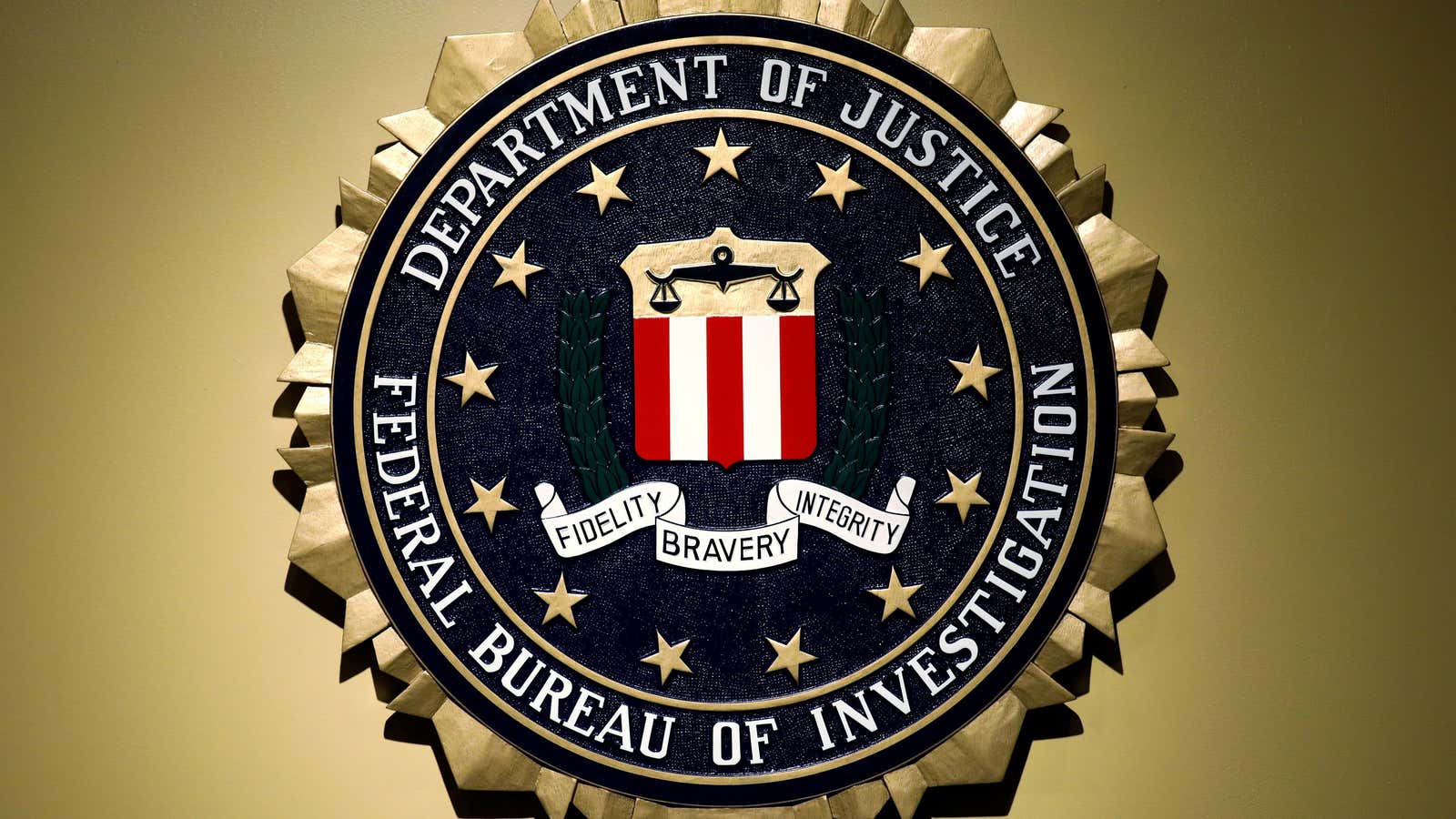Depending on where in the world you are, you’ve probably been stuck at home for three weeks. You might have been laid off. Maybe you still have a job, but are juggling it against caring for children or elderly relatives. Or maybe you, or someone you know, has Covid-19.
In short, everyone has a lot to worry about right now. But while we are collectively housebound, one of the greatest rearrangements of power in modern history is happening before our eyes—and there is a very real concern that we’re too overwhelmed to do anything about it.
In past weeks, world leaders have expanded their powers in unprecedented ways in the name of fighting the new coronavirus. In Thailand, the government can now censor the media. In South Korea, officials are using people’s cellphone, credit-card, and GPS records to track patients with Covid-19 in real time. In the US, the Justice Department asked lawmakers for the power to request that defendants be detained indefinitely without trial during emergencies.
On a recent episode of the podcast Talking Politics, two experts in political theory discussed when emergency powers become tyrannical. A state of emergency, they said, is justified if the threat is public, universal, and existential, and if the extraordinary powers are authorized by the people, limited in time, and proportional. Covid-19, which has been called “the great equalizer,” certainly fits the first half of that description, but what of the second?
There’s very little in history to convince us that states are keen on giving back powers once they’ve been awarded. In the US, the 9/11 terrorist attacks led to a sweeping expansion of executive power and violations of personal liberties that outlived the actual emergency by more than a decade. It’s worth noting that few of the emergency declarations passed around the world to deal with Covid-19 come with a sunset clause.
As to the other points, who determines what loss of our personal rights is proportional to the threat? And who gets to speak on behalf of the people? Whatever happens, we can’t let the answer to that question be: whoever is in charge.
This essay was originally published in the weekend edition of the Quartz Daily Brief newsletter. Sign up for it here.
